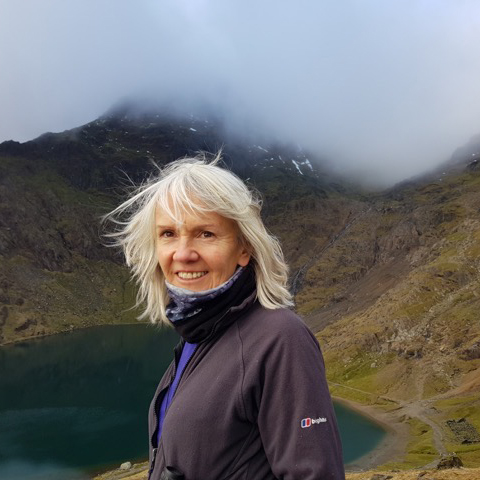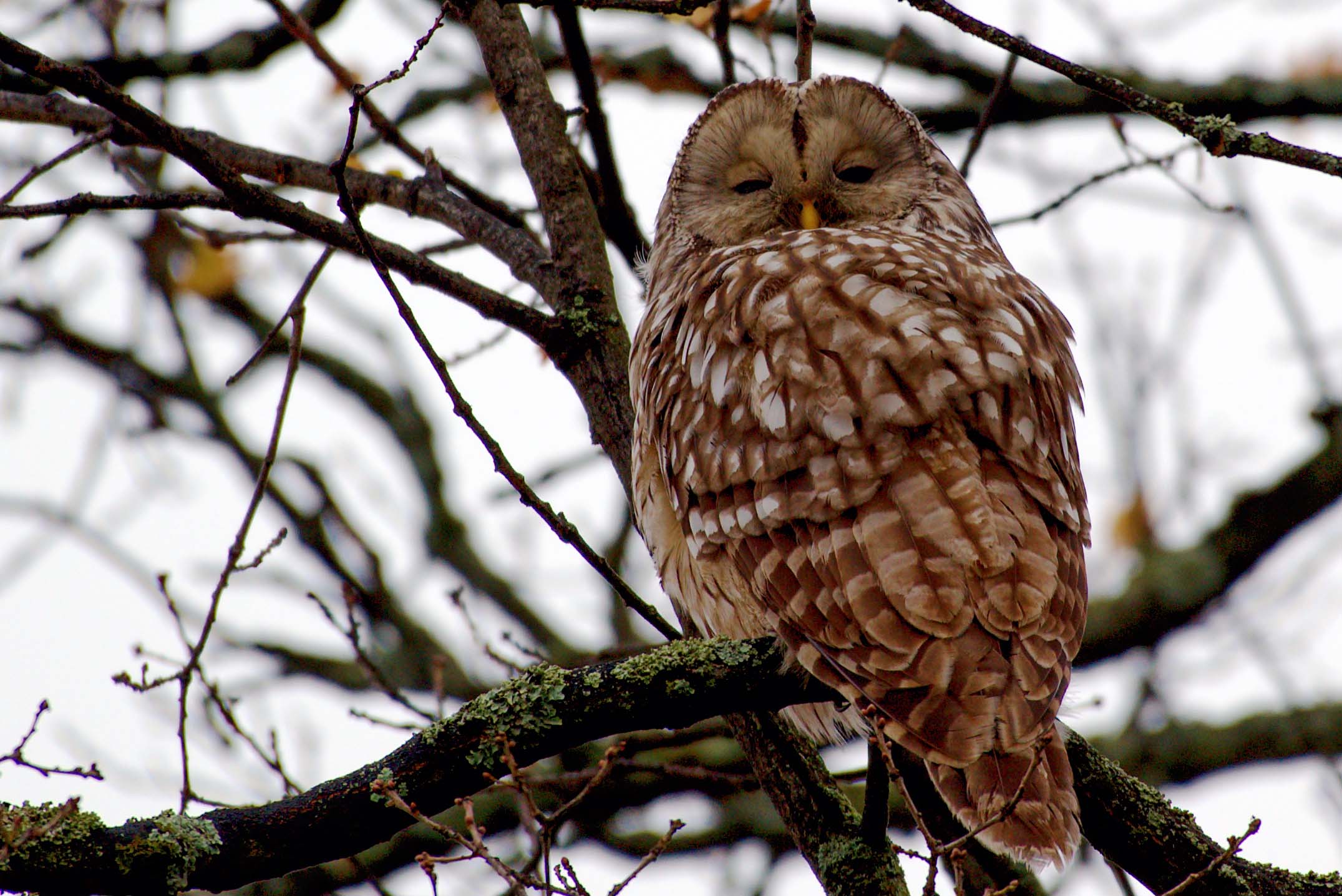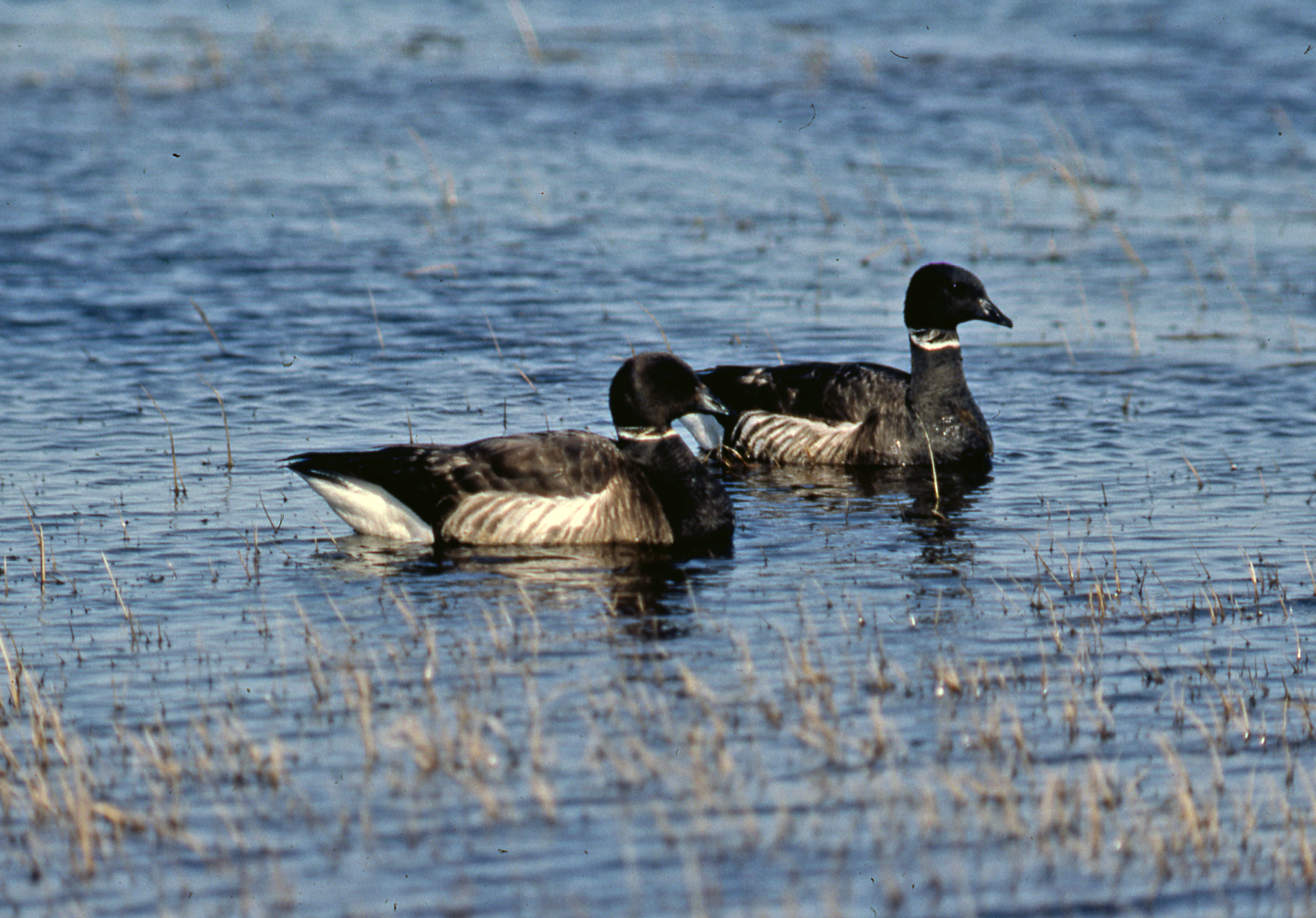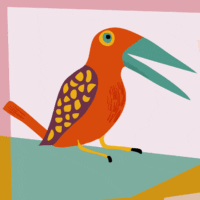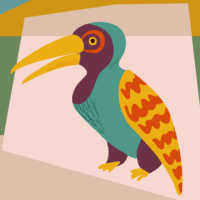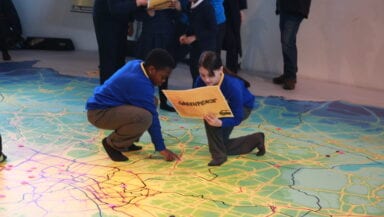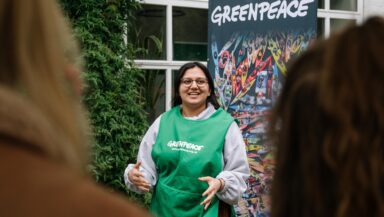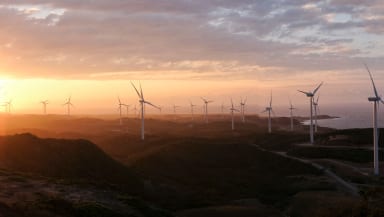Living in the UK, the climate crisis can seem distant and the solutions hard to imagine. The damage being done and the urgent work left to do leaves us with many emotions. But rarely are we given space to connect to our feelings and experience of our environment. Poems for the Planet was an opportunity for fun in a sometimes scary and serious landscape of environmentalism.
When pushing for a better world, we need joy, creativity and storytelling. It’s essential in developing our awareness and connection to the environment. By understanding our nature narratives and creating hopeful new ones, we can change our relationship with the environment and move towards a climate-just world…these poems are a wonderful start.
Meet the judging panel
As part of our collaboration with National Poetry Day, we were lucky enough to welcome three judges for the Poems for the Planet Panel.

